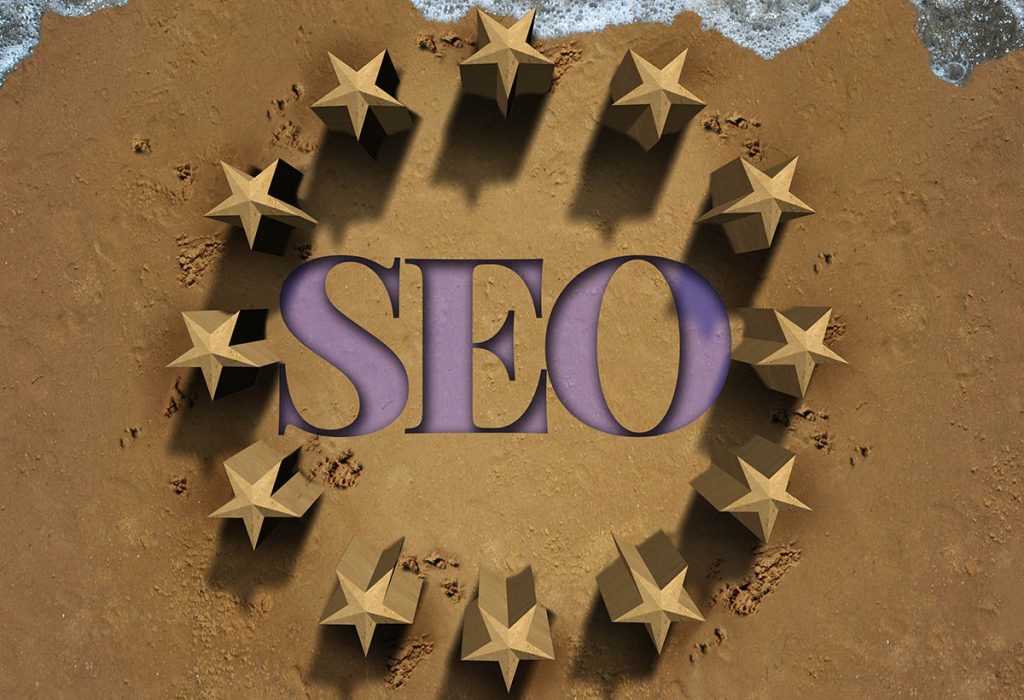Europe is a diverse continent with 44 countries, 24 official languages and 200 spoken languages, 25 currencies, and over 741 million people. With that in mind, it would be impossible to create a singular marketing campaign that covers the whole continent.
In fact, a company would need different approaches for each country, language, and the demographics inside them, which is a whole lot of work, especially for small to medium-sized businesses without a specialised marketing department.
In this article there’s 4 tips that will give you some knowledge you may need before embarking on any type of European marketing campaign.
1. Find out if the business and/or product could perform well in a new market
There are plenty of products that sell well in Britain and would perform just as well or better across Europe because they have a universal appeal. Take furniture, for example, everyone needs somewhere to sit, whether they are sitting in France, Germany, Italy or Spain.
Other items, like rain gear, would have appeal in certain countries to the north of the continent but would be much less useful in places like the Canary Islands. Then, there are those items that wouldn’t really appeal to many Europeans, like an England football scarf.
Before embarking on a marketing campaign or doing any of the other things necessary to establish a business in another country, it’s important to conduct consumer research to determine if it’s a viable move.
A simple way to find out if your product is likely to perform well in Europe is to do keyword research using a tool like Google Trends which lets you compare different countries to each other, or SEMRush or Ahrefs, which are advanced keyword research tools and let you choose a specific country for your keyword research. Simply translate a few relevant keywords into the native language, then look at the monthly search volume for those keywords for your target country.
2. Hire native speakers for translating and copywriting
Presuming that the research shows a positive result, it’s best to hire a native speaker to translate any existing content for the new website and social media channels, as well as create new content. This is essential because native speakers will pick up on mistakes made by computer translators which make a business look unprofessional at best. For proof, enjoy this article about literal German translations and wonder who in the UK would buy gloves marketed as “hand shoes” or bagpipes referred to as “yodel sacks”.
It’s not just translations either, cultural references, expressions, and more, all lose their impact unless they’re rewritten for the specific audience being targeted.
3. Choose the tone of content for each country
In some countries, like the Netherlands, it’s perfectly ordinary for marketing campaigns to be informal and playful or even a bit cheeky. In others, like France, it’s advisable to adopt a more formal and polite style (also depending on the product). Mixing the two up might put off potential customers.
More research into the specific country will help avoid mistakes like these, but it can also be something that a native speaker could advise on, particularly if they’re a local.
4. Ask for help
Of course, many small and medium business owners already have their hands full with product design, legal, accounting, and many of the little tasks you many not necessarily hire any help for. It may prove too much to add setting up an entire SEO campaign to that, and a poorly executed campaign may seriously hurt your business.
Don’t be afraid to ask for help from a professional, using a local agency in each market being targeted or a specialized multilingual SEO agency, like www.indigoextra.com, that can cover the whole continent with their copywriters, web designers, translators, and graphic designers from all over Europe.
As there is no such thing as a unified European market in terms of culture, language, and preferences, it may be necessary to come up with a comprehensive strategy that extends beyond simply translating your website. Doing this with a professional will allow you to focus on all your other tasks while building up your client base in a new country -or why not, multiple countries?
